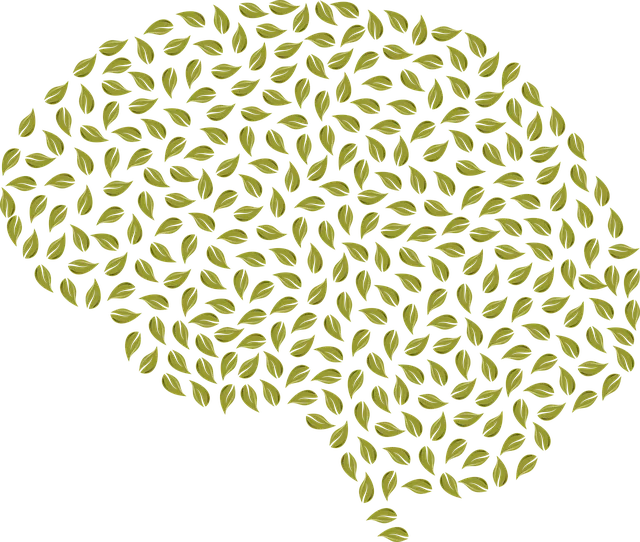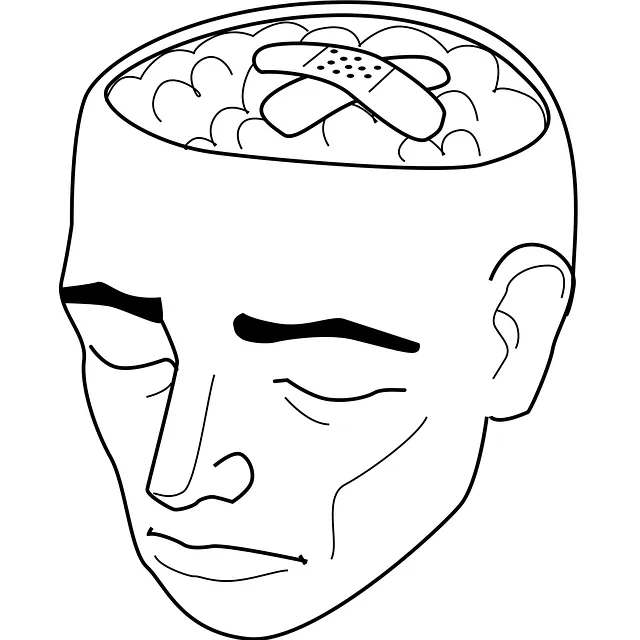Kaiser Permanente Wheat Ridge prioritizes employee and patient mental health through comprehensive data analysis. They collect qualitative and quantitative data, identifying trends in stress levels, emotional resilience, and support needs. This data informs targeted interventions like Stress Management Workshops and confidence-boosting programs. By leveraging data insights, they enhance patient care, predict potential mental health outbreaks, and design tailored Mental Health Education Programs for communities in Wheat Ridge and beyond, making it a strategic hub for Kaiser Permanente mental health jobs.
Mental health data analysis is a powerful tool for understanding and improving patient care at Kaiser Permanente Wheat Ridge. This comprehensive guide, designed specifically for Kaiser Permanente mental health jobs, explores how data can uncover trends and patterns in mental health conditions. By delving into the significance of this practice, we highlight its role in enhancing patient outcomes through practical interpretations. Discover how analysis empowers healthcare professionals to make informed decisions, ultimately improving mental health services at Wheat Ridge and beyond.
- Understanding Mental Health Data: A Comprehensive Overview for Kaiser Permanente Wheat Ridge Jobs
- The Role of Data Analysis in Uncovering Mental Health Trends and Patterns
- Interpreting Results: Practical Applications for Improving Patient Care at Kaiser Permanente Wheat Ridge
Understanding Mental Health Data: A Comprehensive Overview for Kaiser Permanente Wheat Ridge Jobs

At Kaiser Permanente Wheat Ridge, understanding mental health data is paramount to fostering a supportive and healthy work environment. This involves comprehending various metrics related to employee well-being, such as stress levels, emotional resilience, and psychological support needs. The organization prioritizes collecting qualitative and quantitative data through surveys, focus groups, and individual assessments to gain nuanced insights into the mental health landscape among its workforce. By analyzing this data, Kaiser Permanente can identify trends, pinpoint areas of concern, and develop targeted interventions.
One such initiative is the Stress Management Workshops Organization, which offers a range of programs aimed at enhancing emotional intelligence and providing tools for stress reduction. Additionally, confidence-boosting workshops cater to employees’ need for personal growth and resilience. These efforts reflect Kaiser Permanente Wheat Ridge’s commitment to holistically addressing mental health within its community, ensuring that every employee feels valued, supported, and empowered to thrive both personally and professionally.
The Role of Data Analysis in Uncovering Mental Health Trends and Patterns

In the realm of mental health care, data analysis emerges as a powerful tool to uncover trends and patterns that can significantly impact patient outcomes and service delivery. Organizations like Kaiser Permanente, with their extensive healthcare datasets, particularly in Wheat Ridge, are well-positioned to harness this capability. By employing advanced analytical techniques, professionals can identify prevalent mental health conditions, track their incidence over time, and even predict potential outbreaks based on data insights. This proactive approach allows for more effective resource allocation and the development of targeted interventions.
Furthermore, data analysis contributes to a deeper understanding of specific populations’ mental health needs. Through the examination of demographic, geographic, and behavioral data, researchers can design tailored Mental Health Education Programs that promote Mindfulness Meditation and uphold Mind Over Matter principles. Such insights not only enhance patient care but also inform policy decisions, ensuring that mental healthcare services are accessible, efficient, and aligned with the evolving needs of communities like those in Wheat Ridge.
Interpreting Results: Practical Applications for Improving Patient Care at Kaiser Permanente Wheat Ridge

Interpreting results from mental health data analysis is a powerful tool to enhance patient care at Kaiser Permanente Wheat Ridge. By delving into trends and patterns within the Kaiser Permanente mental health jobs data, healthcare providers can identify areas for improvement and tailor interventions accordingly. This practical application involves translating complex data insights into actionable strategies, ultimately benefiting patients’ well-being.
For instance, analysis may reveal elevated rates of burnout among healthcare providers, highlighting the need for effective burnout prevention strategies for healthcare providers. Similarly, tracking self-esteem improvement metrics can guide targeted interventions to support patients’ mental resilience. Furthermore, analyzing communication strategies employed by successful therapy teams can lead to the development of best practices, fostering more effective patient engagement and outcomes.
Mental health data analysis is a powerful tool for professionals at Kaiser Permanente Wheat Ridge. By understanding trends and patterns within the workforce, as outlined in this guide, employees can provide more effective care tailored to individual needs. Interpreting results from comprehensive data sets allows for informed decisions, ultimately enhancing patient outcomes in the unique context of Kaiser Permanente mental health jobs in Wheat Ridge.






